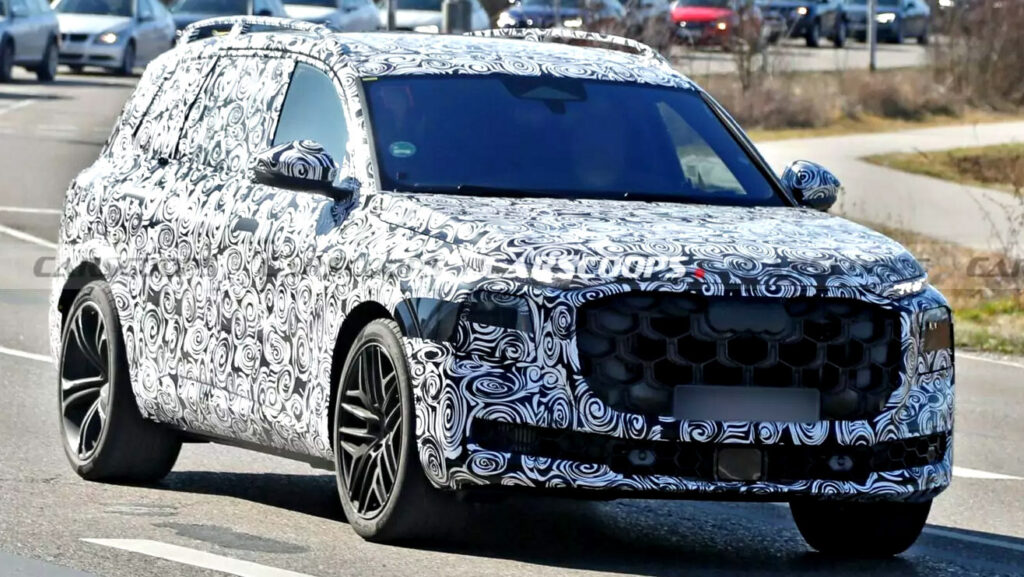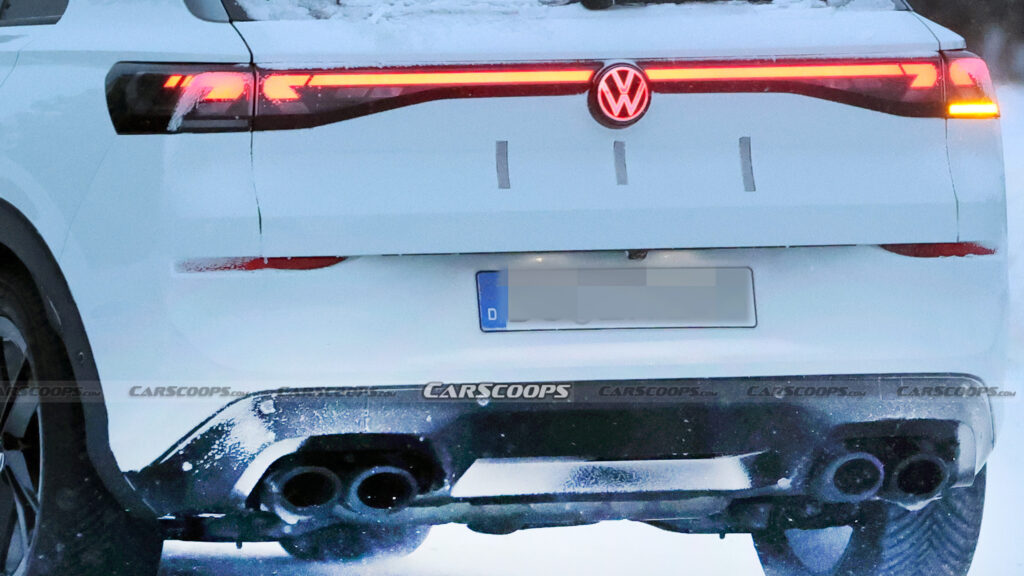Audi is poised for a significant transformation in its SUV lineup with the upcoming launches of the all-new Q7 and Q9, marking a pivotal moment for the brand. The Q7, which has been in circulation since 2015, is set to replace a model that has become outdated despite several facelifts. More importantly, the Q9 will position Audi to compete directly with established luxury SUVs like the BMW X7 and Mercedes-Benz GLS, filling a critical gap in its portfolio. Both models will utilize Audi's Premium Platform Combustion (PPC) architecture, which supports a range of powertrains, including internal combustion engines and hybrids, although specific powertrain details remain undisclosed. The anticipation surrounding these launches underscores Audi's commitment to innovation and competitiveness in the luxury SUV segment.
The introduction of the Q7 and Q9 not only revitalizes Audi's offerings but also reflects a strategic response to market demands for larger, more capable SUVs. The Q9, in particular, is expected to feature advanced design elements and a more commanding presence on the road, with spy shots revealing a taller stature and modern aesthetic cues. While software issues have reportedly delayed the rollout, the implications of these new models extend beyond mere aesthetics; they signal Audi's intent to reclaim its position in the luxury SUV market. With the potential for high-performance variants like the SQ9 and possibly an RS Q9, Audi is set to enhance its competitive edge, catering to a discerning clientele that values both luxury and performance.







